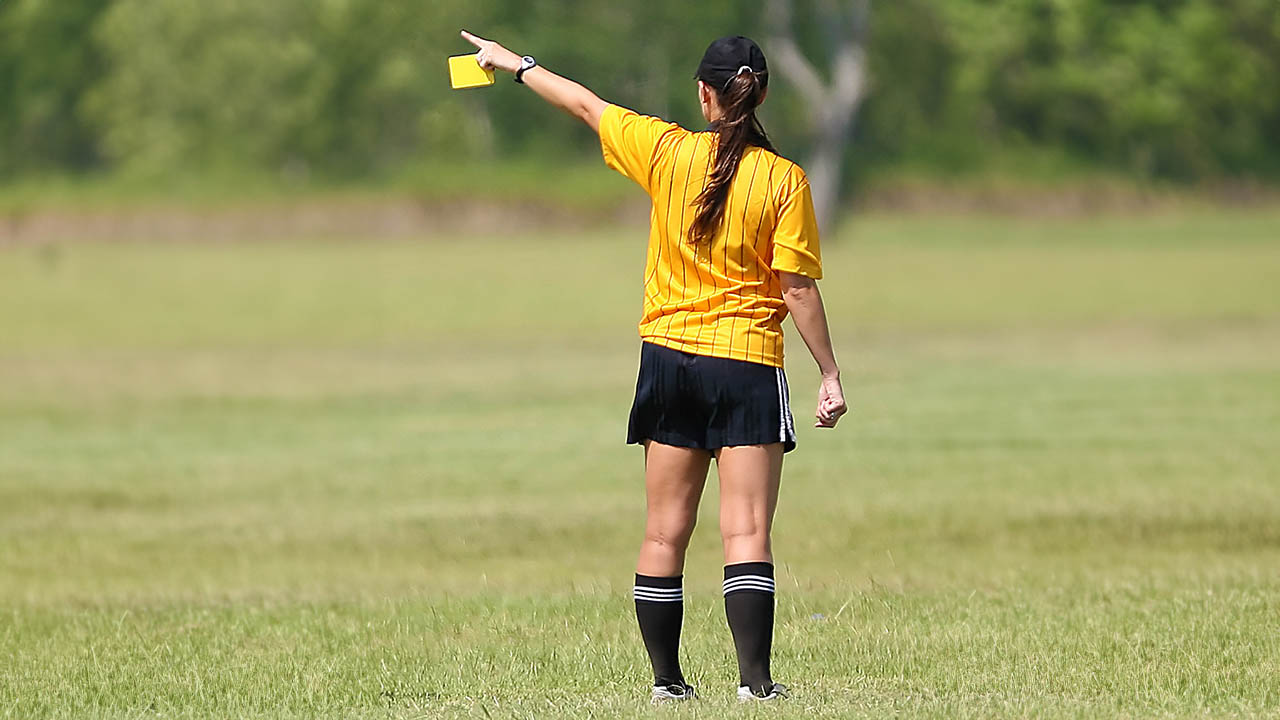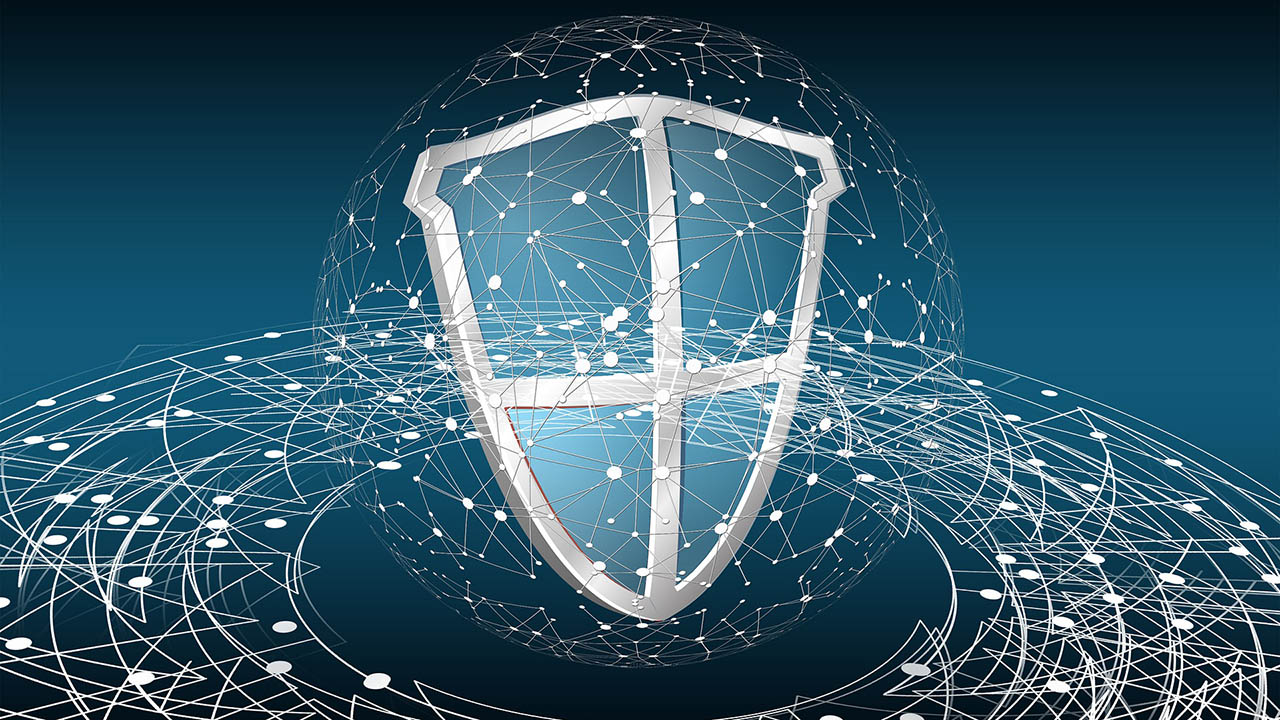Director Penalty Notices in Australia: Navigating Personal Liability.
Share

In the complex world of taxation and corporate governance, director penalty notices (DPNs) have become a critical tool for the Australian Taxation Office (ATO) to recover outstanding tax debts. As we step into 2024, understanding DPNs is essential for directors, business owners, and professionals alike.
What is a Director Penalty Notice?
A Director Penalty Notice (DPN) is a formal notice issued by the ATO to company directors. Its purpose is to make directors personally liable for certain tax debts of the company. The ATO can issue DPNs for three primary types of tax liabilities:
- Pay As You Go (PAYG): These are unpaid withholding amounts that businesses collect from employees’ wages and must remit to the ATO. Directors can be held personally liable for these amounts.
- Superannuation Guarantee Charge (SGC) Liabilities: Employers are obligated to contribute to their employees’ superannuation funds. If these contributions are not made, directors can face personal liability.
- Goods and Services Tax (GST): Directors can be held personally liable for unpaid GST amounts that the company has collected from customers but not remitted to the ATO.
Two Types of DPNs
- Traditional DPN:
- Directors receive a traditional DPN, which gives them 21 days to take specific actions to avoid personal liability.
- These actions include paying the debt, placing the company into liquidation, or entering voluntary administration.
- Directors have an opportunity to prevent personal liability during this 21-day period.
- Lockdown DPN:
- The lockdown DPN is more stringent.
- It automatically makes a director personally liable if the company’s tax returns are not lodged within three months of their due date.
- Once the lockdown DPN is served, there is no opportunity to avoid liability—it becomes effective immediately.
Recent Trends and Enforcement Issues
ATO’s Renewed Focus on Debt Recovery
After a period of relative inactivity due to the COVID-19 pandemic, the ATO has resumed issuing DPNs regularly. The current focus appears to be on older debts, even targeting companies that have already gone through liquidation. Directors need to be vigilant and seek advice before receiving a DPN.
Avoidable vs. Lockdown Debts
The DPNs we’ve seen often combine avoidable and lockdown debts. Timely small business restructuring or liquidation can help directors avoid at least some personal liability. However, once a lockdown DPN is served, there is no escape from that liability.
Parallel Liability and Multiple Directors
- Parallel liability means that directors can be held jointly and severally liable for the same debt.
- The ATO may send DPNs to all directors, but it can also target specific individuals.
- New directors are not exempt—they can be personally liable for existing company debts.
Conclusion
Directors must stay informed about their company’s tax obligations and act promptly to prevent personal liability. Seeking professional advice and understanding the nuances of DPNs are crucial steps. As the ATO ramps up its debt recovery efforts, directors must navigate these enforcement issues carefully.
Remember, compliance and proactive action are the keys to avoiding personal liability under DPNs.
Small Business Restructuring
The Small Business Restructuring (SBR) provides a lifeline for financially distressed companies, allowing them to restructure debt while retaining control.
For any distressed small business with an otherwise viable business model, an SBR should be the restructuring tool of choice to relieve historical debt problems. SBR can save your small business at least cost and interruption. Feel free to contact your local Rodgers Reidy office to discuss whether this option is right for your clients.
Note: This article provides an overview of director penalty notices in Australia in 2024. For specific advice, consult with a qualified legal or tax professional.







